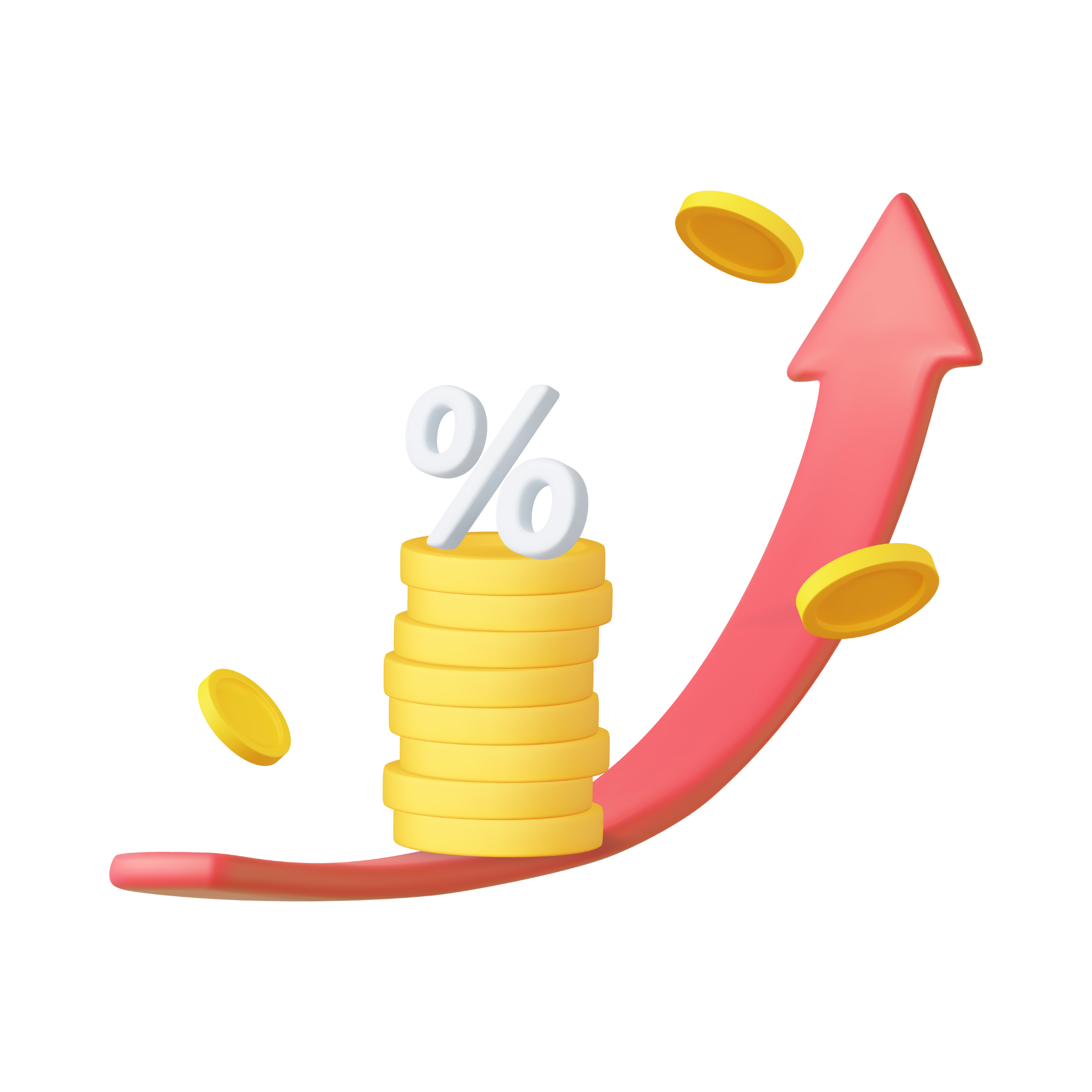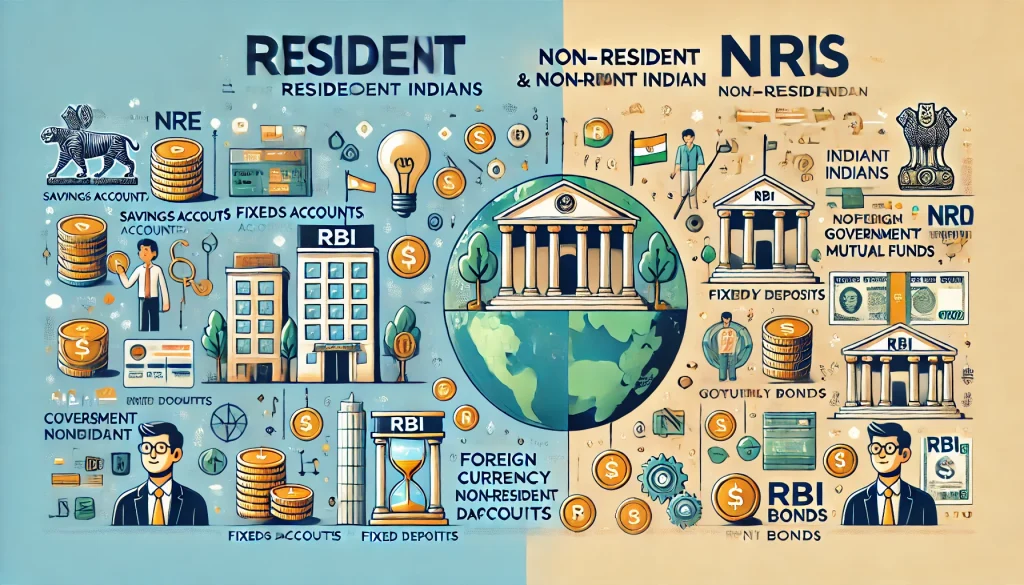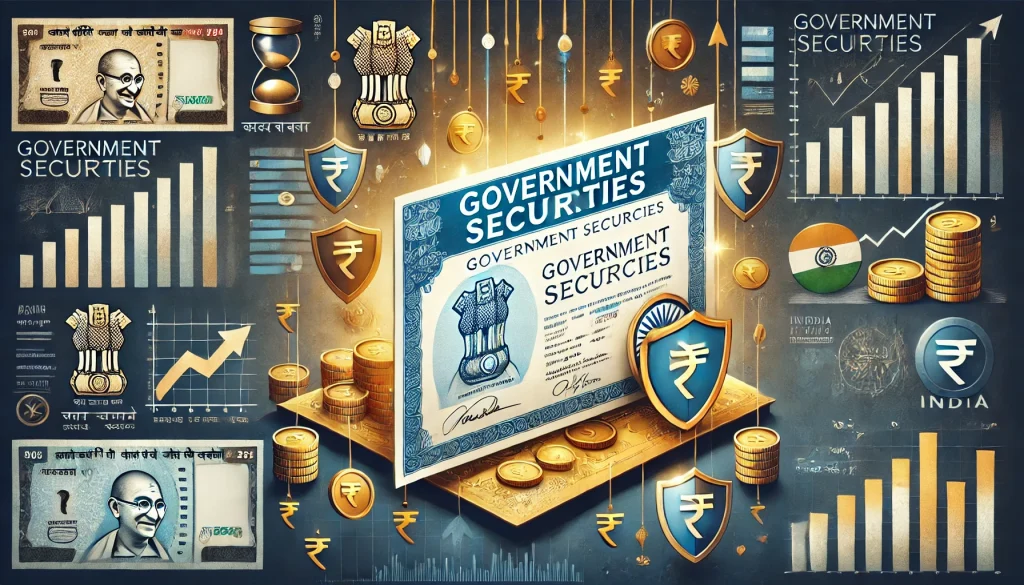
People often confuse savings vs investment while considering wealth creation prospects. Savings and investments differ from each other in several ways. While savings is a low-risk financial solution to grow short-term funds, investment is a relatively riskier instrument to grow long-term wealth. Learn about the differences between savings and investment to make informed decisions.
What Is Saving?
Savings refer to setting aside money from your monthly income to build emergency funds. It is usually useful in the short-term for multiple purposes such as travel, maintenance of property or unprecedented emergencies like hospitalisation.
It is advisable that you save at least 20% of your monthly income to build emergency funds. Using savings accounts and fixed deposits can be options to grow your savings. It is essential to build savings for expenses for the next 6 months to meet unforeseen events if they occur.
What Is Investment?
Investment is putting funds in financial instruments for the long term to reap the benefits of the power of compounding. You can invest in various market-linked instruments based on your risk appetite and risk tolerance.
Investments act as capital multipliers for wealth accumulation. Usually, investors set a long-term goal for investments such as retirement, children’s higher education or marriage and cost-intensive vacations.
Key Differences Between Saving and Investment
Here are the key differences between savings vs investment:
| Parameters | Savings | Investment |
|---|---|---|
| Associated Risk | Low-risk process of setting aside money for future use | Comes with high risks based on the market conditions |
| Liquidity | Saving in a bank’s savings account or regular fixed deposits or recurring deposits ensures easy liquidity options. | Based on the type of investment, the liquidity varies. While certain investments like ELSS (equity-linked savings scheme) come with a lock-in period of 3 years, others have more flexible liquidity options. |
| Inflation Protection | The steady growth of savings might affect the cash value resulting in a lack of inflation protection. | Investments with potentially high returns act as a hedge against inflation in the long term. |
| Expected Returns | Savings accounts provide relatively low returns with regulated interest rates. | Returns on investments vary based on the market conditions. |
| Typical Products | Savings bank accounts, fixed deposits and recurring deposits | Mutual funds, stocks and bonds |
| Capital Protection | Funds deposited in savings bank accounts and fixed deposits ensure complete capital protection. | Funds invested in the money market are subject to risks based on market volatility. |
Pros and Cons of Saving Vs Investment
Both savings and investment have their pros and cons. Understanding them can help you determine which is riskier, savings or investment. The pros and cons of savings and investment are as follows:
Pros of Savings
Here are the pros of savings:
- Saved funds help meet short-term goals and emergencies.
- You can liquidate your funds on short notice.
- By setting aside a portion of your income regularly, you are likely to develop better budgeting and spending habits.
Cons of Savings:
Here are the cons of savings:
- Savings are less effective in building a huge corpus or wealth.
- It fails to extend protection against inflation.
- The interest rates on bank savings accounts are significantly lower compared to other financial instruments.
Pros of Investing
Here are the pros of investing:
- Investments help you accumulate wealth to meet long-term goals like retirement, children’s higher education, marriage or vacations.
- Investing can help you multiply your capital to beat inflation.
- Investments help you earn a higher return than interest earned from savings accounts.
Cons of Investing
The following are the cons of investment:
- Investments involve market risks for investors.
- Certain investments with lock-in periods affect the liquidity of funds.
- You need to monitor your investment performance with market fluctuations and volatility.
When to Save and Invest?
Savings and investments are equally important for individuals. However, there are certain factors you need to prioritise before you start saving or investing. Here is when you should start saving rather than investment:
- If you need the money in a short time period, it is advisable to use a fixed deposit with a high interest rate to save your money and liquidate it when needed.
- In case you do not have an emergency fund, you should start saving to build it. Financial experts advise building at least 6 months of emergency funds to meet unprecedented circumstances.
- If you have debts with high interest rates such as loans or credit cards, it is advisable that you pay them off first by saving your money, before you dive into investing.
Here is when you should start investing:
- If you have excess funds that you will not need in the next 5 years, you can invest it provided you are open to undertaking market risks. Ensure you have adequate funds for your essential and non-essential expenses before you start investing in the market.
- You can further start investing in the early years of your career with small amounts to reap the benefits of longer invested tenure and the power of compounding.
- If you want to reduce your taxable income, you can start investing in financial instruments such as ELSS (Equity-Linked Savings Scheme) and avail tax deductions.
The Bottom Line
In the savings vs investment debate, you can easily identify if you need to make savings or invest your funds based on your financial needs. If you have short-term goals and debts with high-interest payments, prioritise savings for these before you start investing a huge sum of money.
Investments help you accumulate long-term wealth. However, it is subject to market risks. If you want a hedge against inflation and have excess funds which you do not need for more than 5 years, you can invest the money.


